Research Library
Supporting Movement Disorder Providers
Margaret Tuchman Research Library

Motor Symptoms
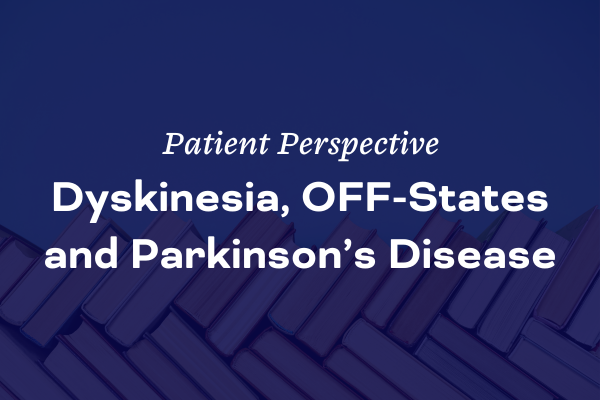
Despite increased awareness of the impact of dyskinesias on individuals with PD, the relationship between dyskinesias, depression, anxiety, and quality of life from the patient’s perspective warrants further investigation across disease duration and age cohorts.
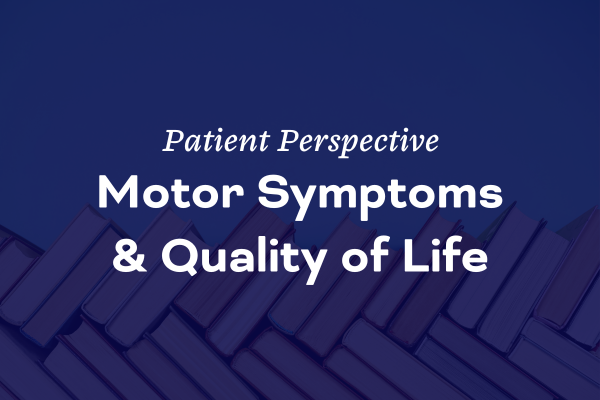
It is important to revisit and draw attention to the current perspectives on motor symptoms and how the motor symptoms impact factors related to quality of life from the patient’s perspective. Tremor, balance and walking problems, slowness of movement and freezing, muscle stiffness, and drug-induced dyskinesias can have a profound impact on quality of life.
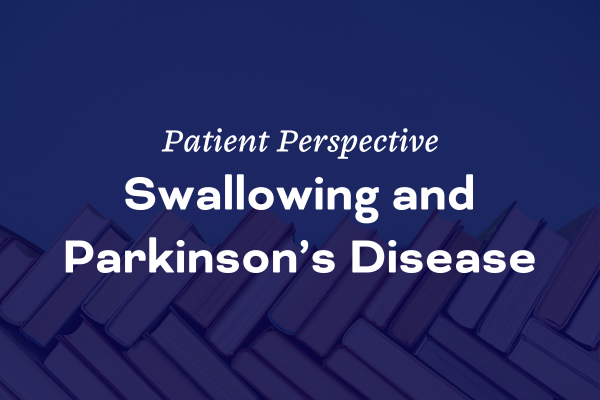
Treatments for swallowing difficulties may take many forms. A lack of sufficient evidence for some treatments for swallowing difficulties has been noted. Furthermore, cognitive-behavioral therapy may also be a helpful treatment to assist individuals with coping with the life changes that result from swallowing difficulties.
Non-Motor Symptoms
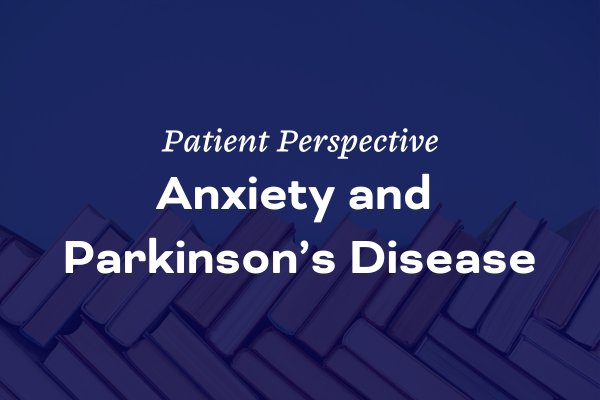
In summary, neuroscientists and clinicians specializing in PD are learning about the various manifestations, causes, treatments and implications of anxiety for PWP. What appears to be missing is a deeper appreciation of and awareness about the patient’s perspective of his or her symptoms of anxiety and the perceived impact that anxiety has on day-to-day life.
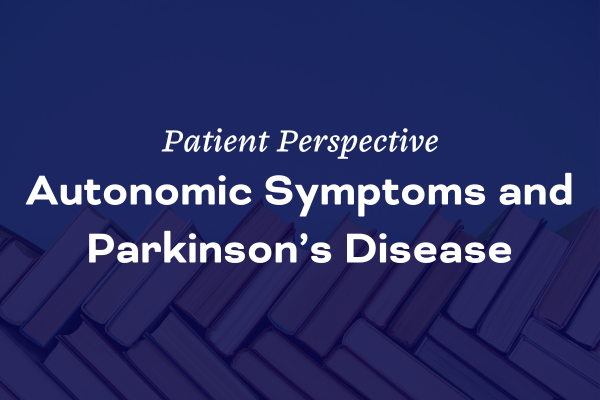
Despite a growing interest in the problem of autonomic dysfunction in PD, few studies have focused on autonomic dysfunction in PD, the “patient’s perspective” about autonomic symptoms, and the relative differences between DBS and Non-DBS participants with respect to autonomic disturbances.
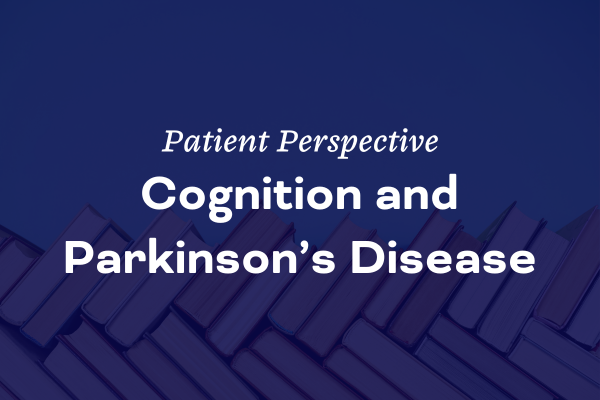
Treatments for cognitive impairment in PD and scientific evidence for the benefits of treatment are in their infancy. Additionally, what is clearly missing is an appreciation of and awareness about the patient’s perspective of his or her cognitive difficulties and the perceived impact these challenges have on day-to-day life.
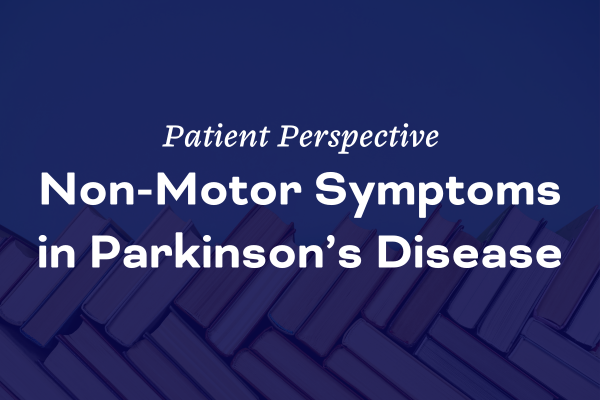
Despite increased awareness of NMS and the high burden of NMS in most patients, NMS remain frequently neglected, undocumented, and under-treated. NMS is a major cause of disability in PD, though these symptoms remain under-recognized by health care providers.
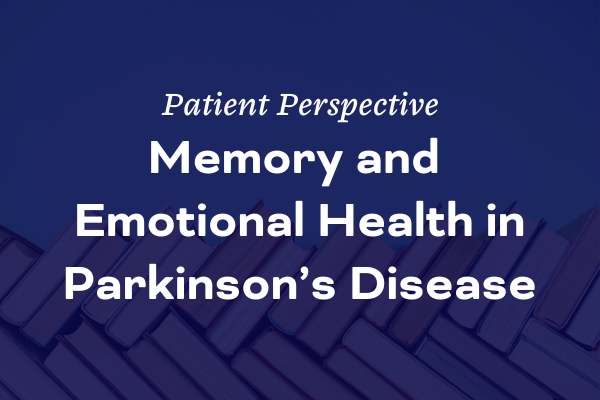
In the last decade, non-motor symptoms have been in the spotlight of PD research. While there are many non-motor symptoms that impact day-to-day functions, relationships, and quality of life, this report highlights memory functioning and emotional health.
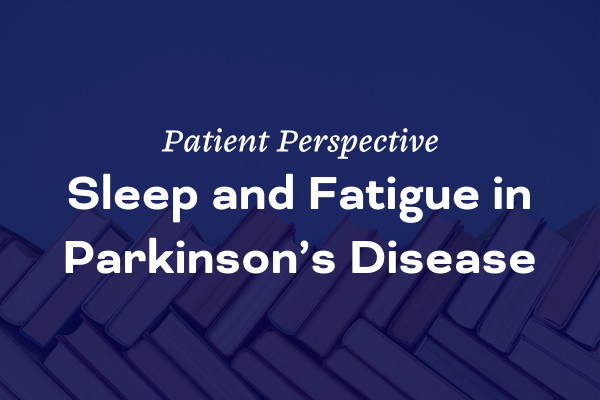
Fatigue is very common in PD with a prevalence of 50%. We surveyed 433 people with Parkinson’s disease to look at sleep habits, sleep quality and fatigue.
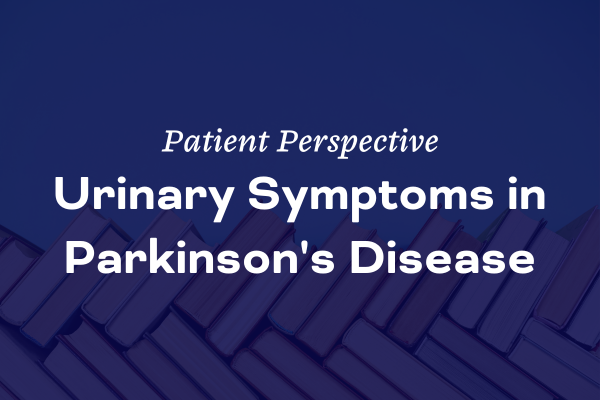
Although bladder control may become more troublesome as PD progresses, it remains unclear if urinary symptom severity is associated with motor symptoms or duration of PD. Some research has found that urinary symptoms in PD seem to be related to age, disease duration, and neurological disability.
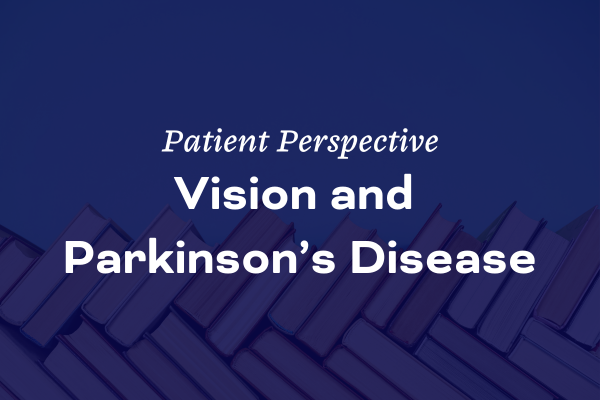
Non-motor symptoms of PD are prevalent throughout the disease course and are now seen as dominant in the clinical picture of advanced PD, as such symptoms contribute to severe disability and reduced quality of life.
Deep Brain Stimulation Comparisons
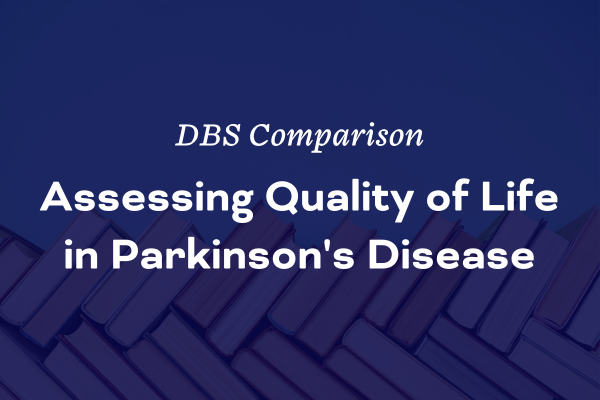
When considering the complexity of PD, particularly as it relates to the fluctuating changes of the symptoms, understanding the benefit of specific coping strategies on overall function and quality of life is of great importance.
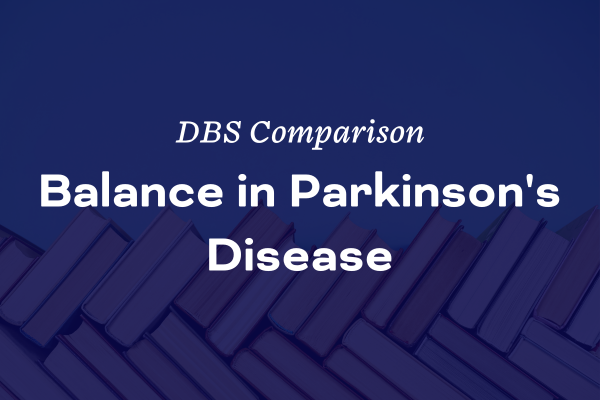
The goal of this project was to learn more about balance in PWP and specific variables that are related with balance confidence, such as depression, reported cognitive capability, and sleep.
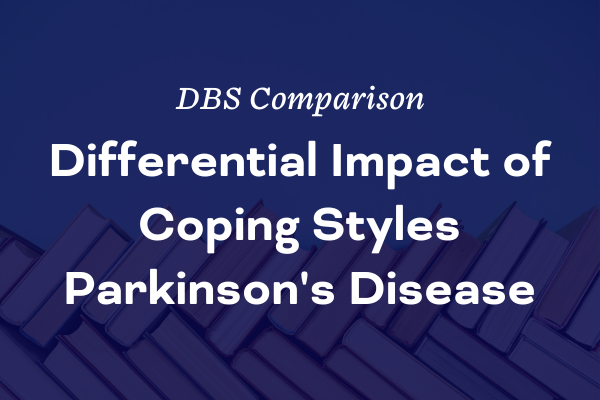
When considering the complexity of PD, particularly as it relates to the fluctuating changes of the symptoms, understanding the benefit of specific coping strategies on overall function and quality of life is of great importance.
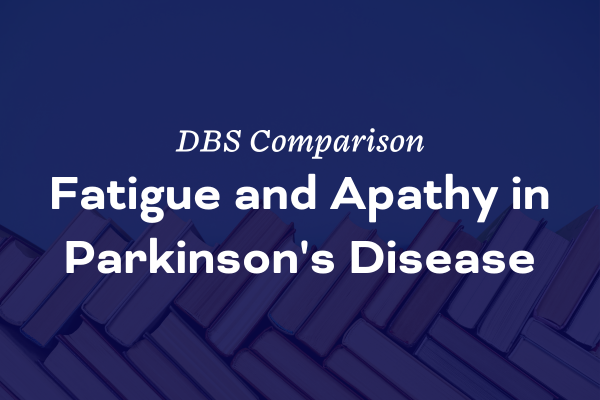
In recent years, non-motor symptoms of PD have received more attention, as these greatly affect quality of life for PWP, as well as their family and friends.
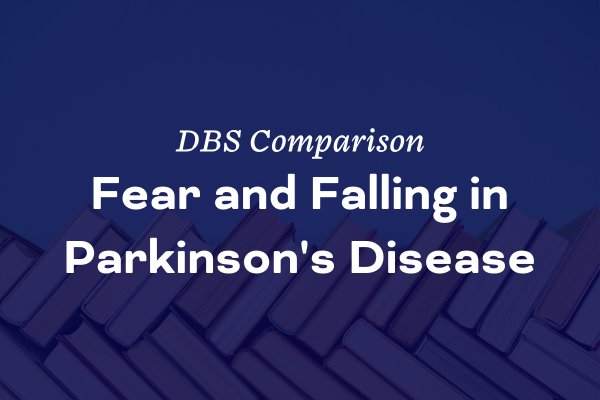
Given that falls are a substantial problem for people with PD, falls and related factors within specific cohorts of individuals with PD (Age: Younger and Older; Disease Duration: Early and Advanced PD; DBS and Non-DBS groups) warrants further attention.
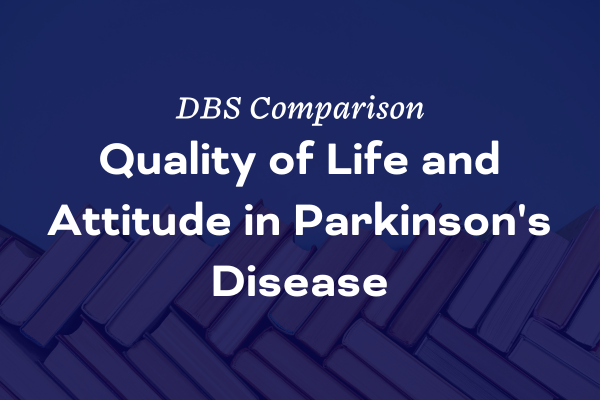
There are many coping techniques that can be helpful in adapting to PD. Research has pointed out that maintaining a positive attitude, optimism, and happiness can lead to longer lives, less disability, and increased QoL.
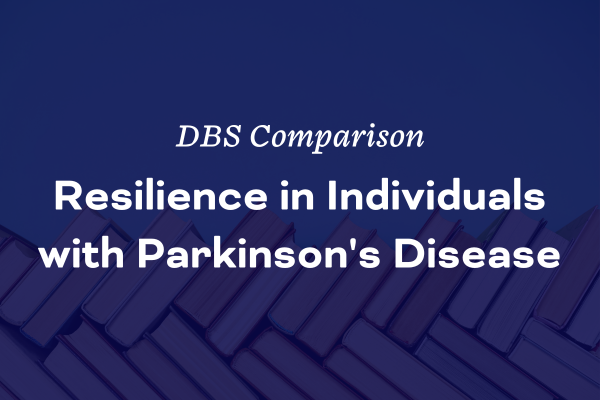
Individuals with Parkinson’s, family members, and treatment providers alike, commonly think of the debilitating symptoms and the adverse impact the symptoms have on day-to-day function, relationships, and community involvement, the next attempt for medical intervention, and what the future holds.
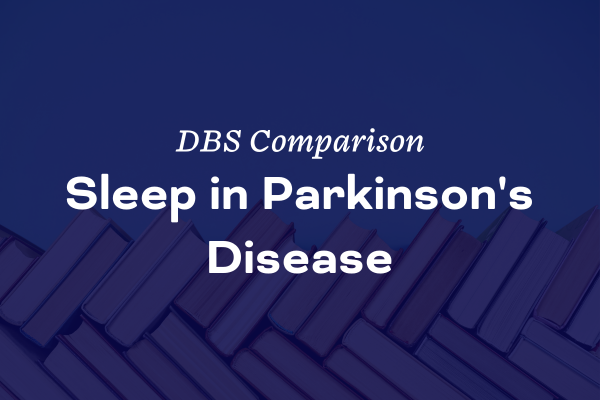
Supporting the value of DBS on sleep, Volkmann and associates (2009) reported on long term effects on quality of life (QOL) for patients who underwent DBS of either STN or GPi; six months after the procedure, QOL related to sleep and rest improved from baseline in both groups.
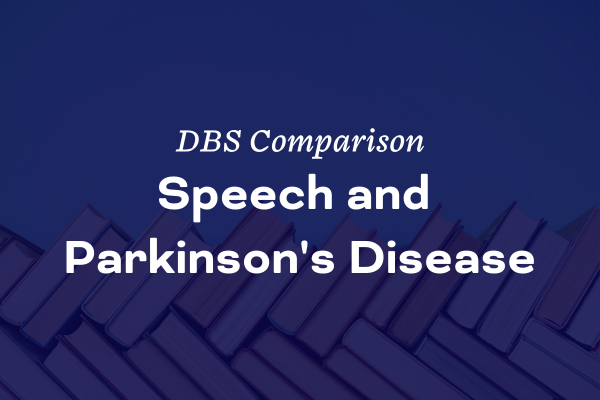
Speech is one of the most fundamental means of connecting with others and expressing our wants and needs. Speech difficulties, then, can result in significant challenges when interacting with others and can result in functional challenges, social isolation, and reduced quality of life.
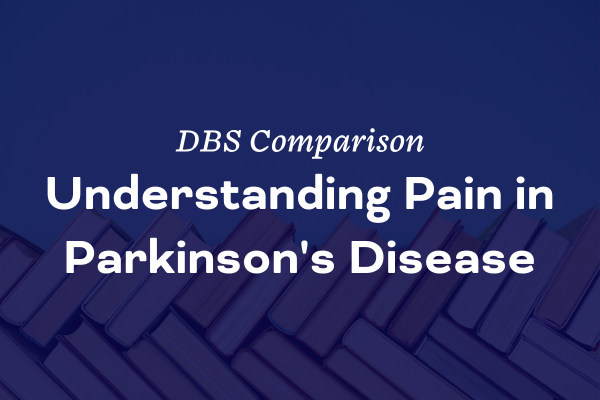
Painful symptoms in PD are inconsistently described, poorly understood, and under treated. Several researchers suggest PD pain may be related to motor and musculoskeletal complications from the disease itself.
Lifestyle & Alternative Therapies
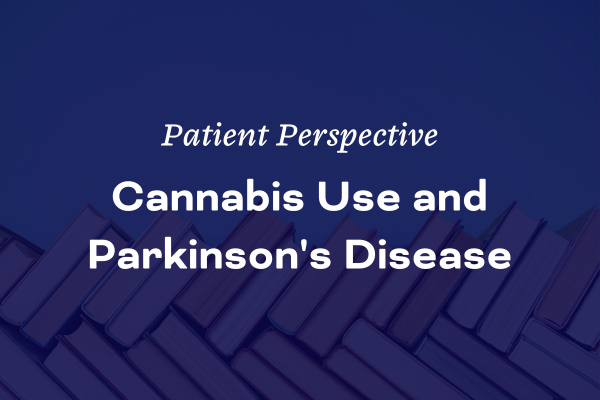
This study found that a substantial number of people using Cannabis for symptoms of Parkinson’s disease are reluctant to discuss their use with their physicians.
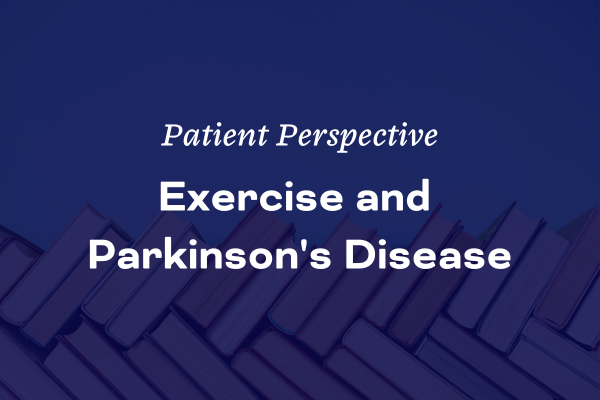
Although much knowledge about the benefits of exercise in improving PD symptoms, reducing disability, and improving quality of life and general well-being has been established, there remains a gap in our knowledge about the experience of and perception about exercise from the patient’s perspective, particularly in the context of age and disease duration.
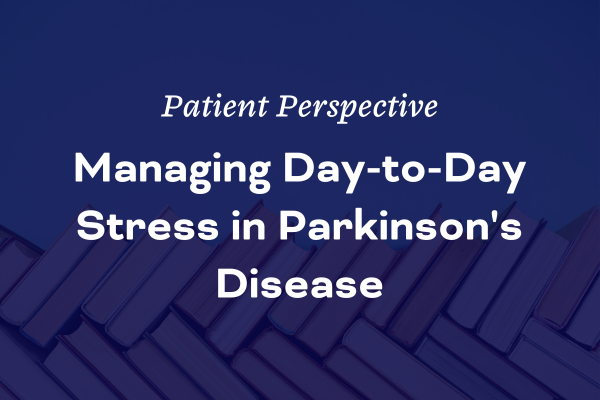
When considering the vulnerability of PD patients to psychological distress, particularly related to functional decline, understanding factors of resilience and specific coping strategies on physical and mental quality of life is of great importance.
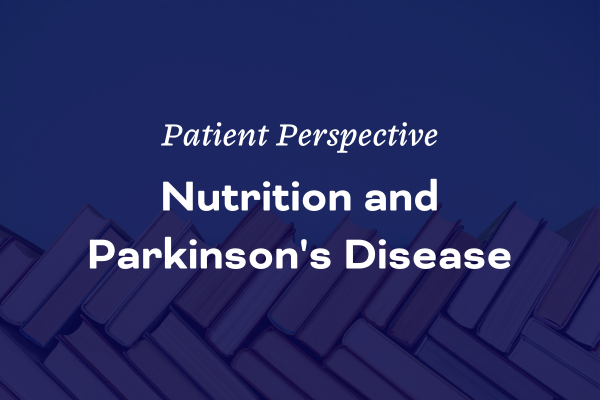
Nutrition and dietary factors have a bidirectional relationship with PD. Some foods can impact the absorption of medications used to treat PD and the risk or progression of PD. Similarly, PD symptoms and medications can impact one’s nutritional status. It is important to understand the contribution of nutrition in neuroprotection, neurodegeneration, and general well-being1 .
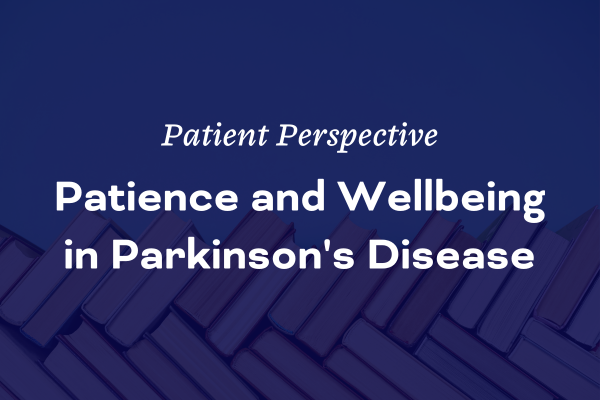
Schnitker’s 2012 research indicated that patience serves as a buffer against emotions in stressful events, facilitates adaptive coping and higher self-esteem, and promotes positive interpersonal engagement, which can indirectly mediate goal achievement and satisfaction in life.
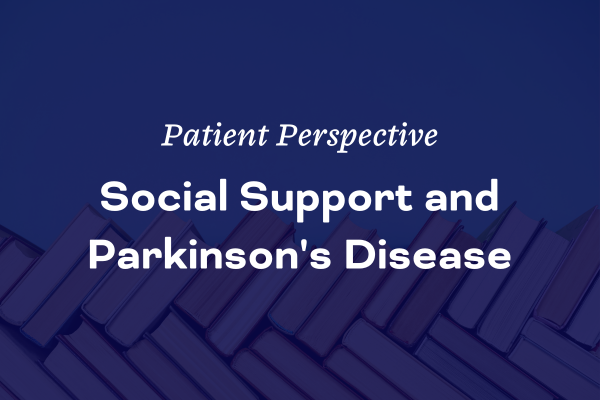
Social support may be a predictor of successful adaptation and general psychological well-being for individuals with PD. A deeper understanding about the patient’s perspective of social support remains indicated.

